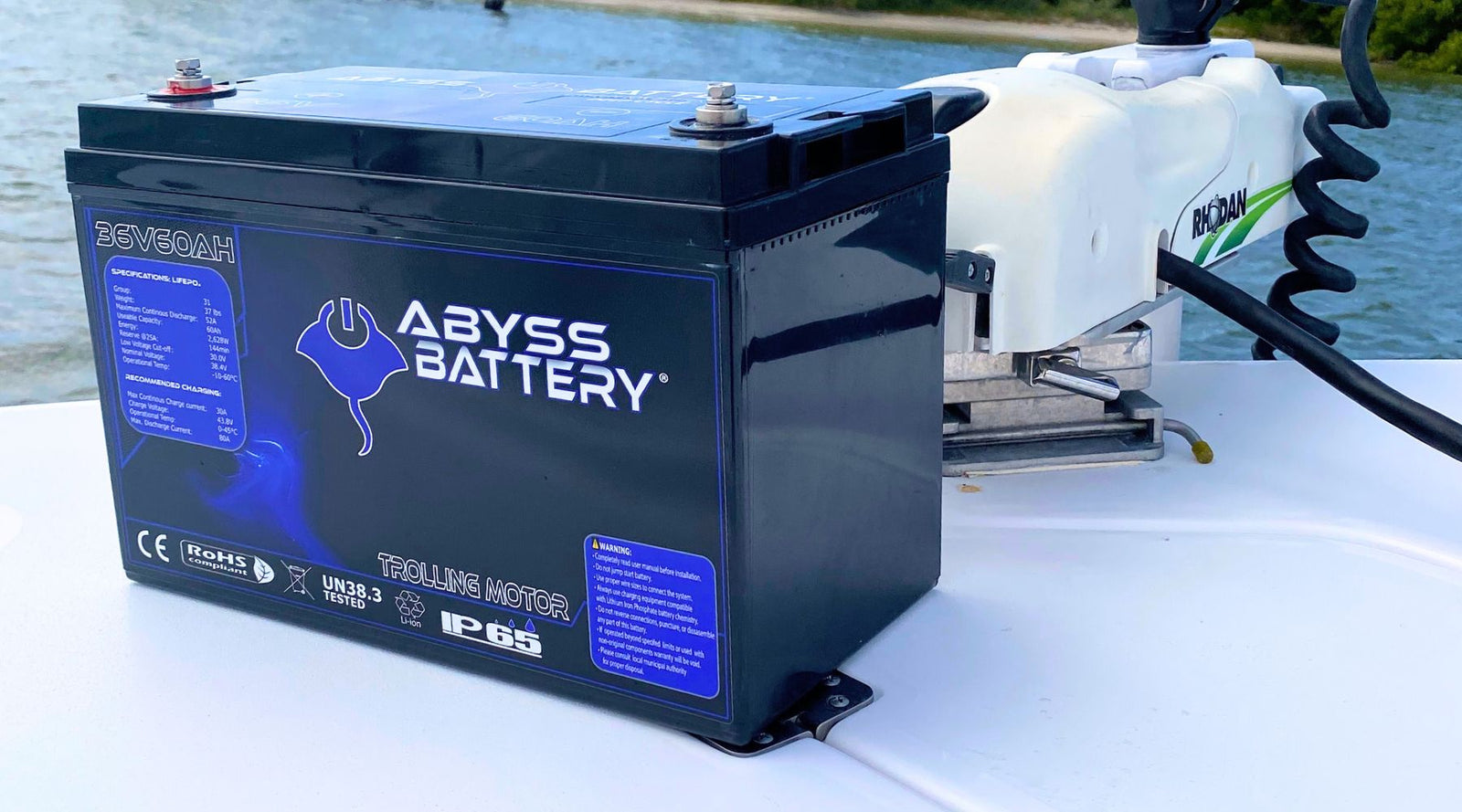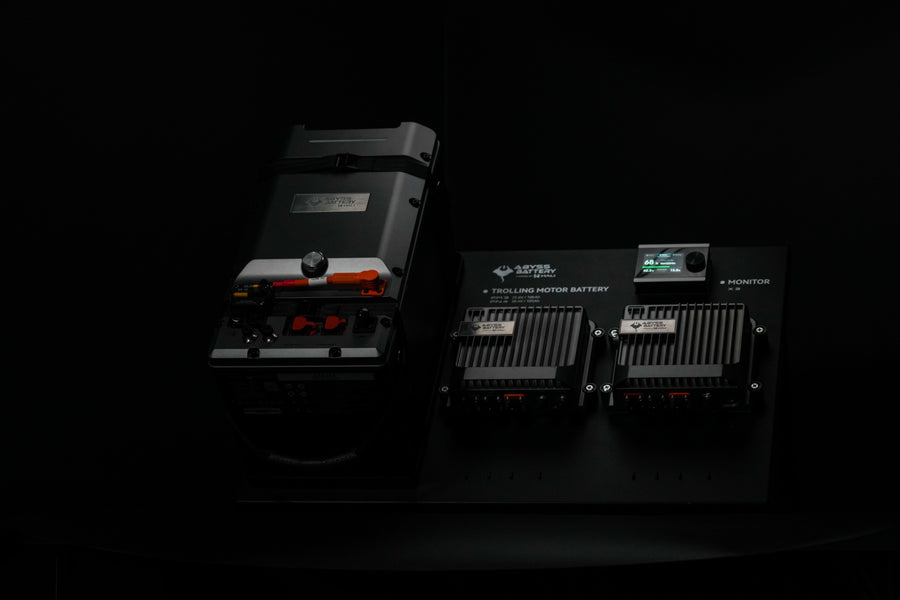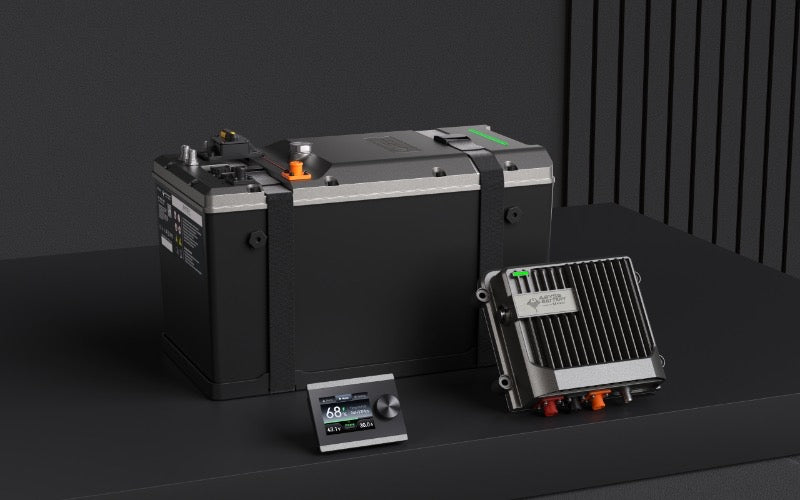Why Your Marine Battery Overheats and What To Do

Marine batteries are specially designed to give boats increased amperage and a longer discharge cycle. However, they're also susceptible to overheating if boaters do not properly care for them.
If you don't want your cell to overheat in the middle of a trip, you'll need to learn a few best practices. Here's why your marine battery overheats and what to do about it.
Constant Charging
You will usually need to charge your boat’s battery after a long day out on the water, but some cells will begin to degrade if you leave them plugged in for too long. Overcharging runs the risk of corroding the materials in the battery and increasing the discharge rate. Monitoring and removing your batteries when they reach max capacity will ensure they don't overheat.
Some battery types can be left on the charger continuously without damaging the components. Purchasing an onboard lithium battery charger will allow you to keep your cell at maximum levels without endangering yourself or your passengers.
Bad Charger
Even if you have the correct battery and charger to limit overheating, a broken device can cause your batteries to put off excessively high temperatures. A faulty battery charger won't output the correct amount of voltage, which can increase strain during energy cycling.
Battery chargers can suffer damage by being dropped, seeing constant use, or experiencing a broken power port. Ensuring you have a properly rated charger that's in good condition should help prevent overheating. You can use a multimeter to check that the output aligns with the manufacturer's specifications. A reliable charger should be able to handle hundreds of cycles and last up to a decade.
Loose Connections
Another issue you may encounter when dealing with an overheating battery is faulty or loose wiring on the connectors. Loose terminal connections will make it harder to recharge the battery after your ride. It can also cause the cell to overheat and potentially catch fire.
Vibrations from the boat's movement across the water and regular use are common causes of loose connections. Improper installation procedures may also be a culprit. Using locking nuts on your terminals will help keep everything in place. You may notice an issue if the boat has trouble starting or the headlights flicker and dim during operation.
Presence of Dirt
The presence of dirt and debris may also cause overheating. Loose materials can get into the components of the battery, making it harder for the flow of energy to get through and causing increased corrosion. Your battery may not perform correctly or receive the proper charge in such cases.
It's generally best practice to ensure your marine battery's terminals are clean before each ride. Start by disconnecting the wires from the terminal. Then, using a combination of water and baking soda, brush away any buildup that's present on the surface of your cell. Finally, apply lubricant to the posts to improve their conductive properties.
Left in the Sun
The worst thing you can do for a battery is to leave it exposed to the elements. Wind, rain, and snow will cause it to degrade before its time. However, you should be especially careful of leaving it in the sun to ensure it remains in good condition. Batteries give off heat naturally, but increasing the amount of external heat they’re subject to can cause the temperatures to get out of control.
Most boats have a specialized container for marine batteries that prevents them from being damaged by excess spray from the water, loose items, foul weather, and sunshine. Ensuring your battery fits snugly into the casing will prevent it from moving around and keep the sun from shining directly on the cell.
The Cell Is Bad
Your battery may be overheating due to a damaged or malfunctioning cell. There are many different types of marine batteries, each with its own requirements for maintenance. Failure to charge a battery properly or allowing it to be damaged during use could puncture the internal components and degrade its integrity.
Lithium-ion batteries are known to overheat if they've been punctured or damaged. Flooded batteries require an electrolyte solution that keeps the plates from being exposed to the air. If this solution runs out, it could undergo an exothermic reaction resulting in overheating or fire. This situation can be especially dangerous while charging since the battery is usually plugged in indoors.
It Has Reached the End of Life
Batteries aren't designed to last forever. If you keep using and trying to charge your cell beyond its expected life, it may result in overheating or worse. Batteries that are constantly losing charge or unable to be adequately charged for general use should be disposed of and replaced as soon as possible.
Consult your battery's manufacturer to learn the max number of recommended charges it was designed to handle. Going beyond this point can be dangerous, especially if you regularly use the cell away from shore. Thermal runaway is challenging to deal with once it's started, so you don't want to take a chance.
What To Do if Your Battery Overheats
An overheating battery can threaten you and anyone else on board your boat. Learning how to prevent overheating is the best way to ensure you're safe while operating. However, if a battery does overheat, it's good to know how to deal with it.
The first thing you'll want to do is get to shore. Using the battery while it's overheating is dangerous and could result in fire, smoke, or sparks. Remove the battery from the terminals and set it aside to cool down. Once it's safe to handle, find the nearest recycling center and properly dispose of the battery.
Protect Your Cell at All Costs
Marine batteries boast essential features that allow them to operate safely on the water. However, if they've been damaged, improperly handled, or have reached the end of life, they can pose unnecessary risks that you should take care to avoid.
Boat owners must deal with a bad cell as soon as possible. Knowing why your marine battery overheats and what to do about it will enable you to get the most out of your investment and enjoy your time on the water without incident.





Leave a comment